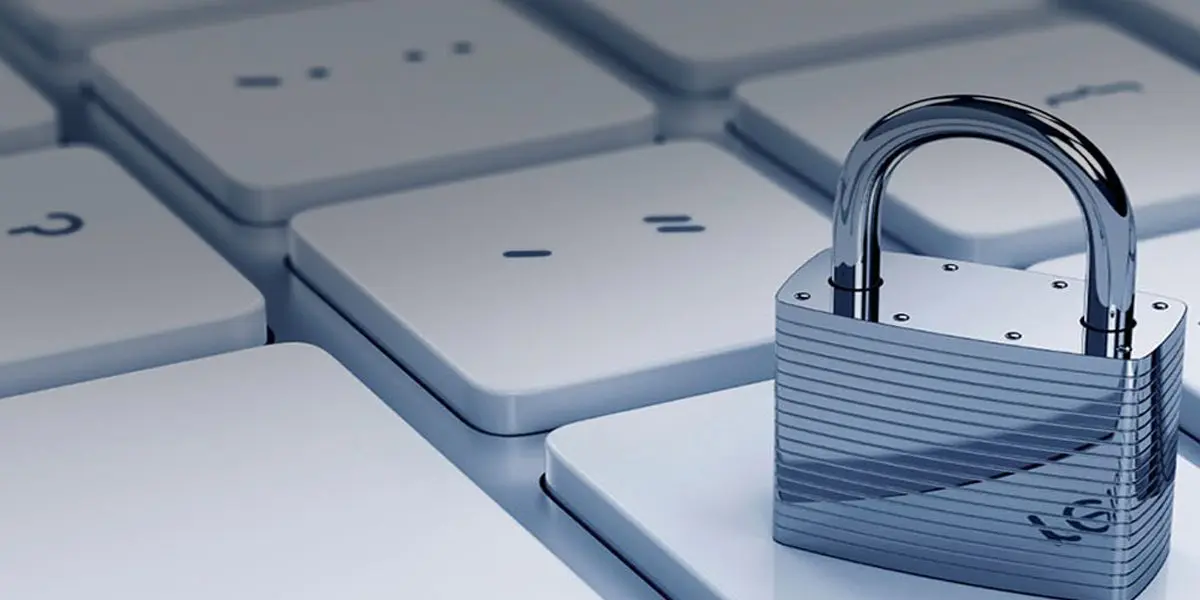Want to safeguard your privacy? It might seem like a lost cause in today’s world, but there are definitely steps you can take to maintain some level of privacy. Here’s my rundown of “Do’s & Don’ts” that have worked for me.
It’s no secret that our personal and financial privacy is constantly under threat. Countless private entities and even certain ‘alphabet agencies’ are collecting and storing extensive data on each of us.
While it’s true that our privacy is being challenged, there are actions we can personally undertake to counteract this.
1. Keep Your Lips Sealed
You know the saying, “Loose lips sink ships.” There’s often someone in every crowd who’s loud and likes to make their presence known. For me, a fundamental rule of preserving privacy is to control what I say. This is especially crucial in public settings or anywhere my words could be overheard.
2. Stay Low-Key
It’s tempting to show off what I have, but that can make me a target. I’ve found it’s better to keep a modest profile and avoid drawing unnecessary attention. Maintaining a low profile helps me keep things to myself.
3. Shred It Secure
It’s surprising, but it’s actually legal for others to sift through my trash. That’s why I never dispose of important documents that could reveal sensitive information without shredding them first.
4. Lock Down The Digital Files
Like most people, I store significant documents on my computer. However, I’ve taken steps to prevent snoops and hackers from accessing them like changing passwords every month. While firewalls and routers are solid defenses, I’ve considered using a separate, offline computer for storing sensitive files. This way, I eliminate any potential internet-based risks. Using a VPN is another layer of protection, safeguarding my online activities from prying eyes.
5. Encrypt Everything
Privacy is key, so I’ve explored various software encryption programs to secure my sensitive files. Whether they’re free or paid versions, they provide an additional level of protection that gives me peace of mind.
6. Guard The Email
I’ve come to realize that unencrypted emails are vulnerable to interception. To counter this, I’ve started using encrypted email services. It’s important to note that “free” email services often come at the cost of my personal information being sold and tracked.
7. Stay Anonymous Online
I understand that every search I make on popular search engines is being tracked. To combat this, I’ve switched to anonymous search engines that don’t log my IP address. This way, I can browse without leaving a digital trail behind.
8. Embrace Cash Transactions
While we’re moving towards a cashless society, I still opt for cash whenever possible. Using cash limits the online paper trail that comes with debit or credit card transactions.
9. Avoid Tempting Offers
That enticing discount or promotional offer might seem appealing, but I’ve learned that signing up often means giving away personal information. To protect my privacy, I’ve decided to avoid these offers altogether.
10. Don’t Spill on Social Media
If I value my privacy, it’s clear that platforms like Facebook and Twitter aren’t the best fit. These platforms are far from private, and they’re known to cooperate with government surveillance programs. Anything I share on these sites becomes a permanent record for others to explore.
11. Protect Your Smartphone
Smartphones are powerful tools that can potentially compromise my privacy. Knowing that my phone can be a potential source of data leakage, I’m selective about the apps I use and their privacy settings. Sometimes, I even opt to leave my phone behind when I want to keep my movements private.
To be honest, I’m not overly paranoid, and I understand that complete privacy is nearly impossible these days. Yet, I believe that by taking these steps, I can at least minimize the flood of personal information being vacuumed up by modern technology.

